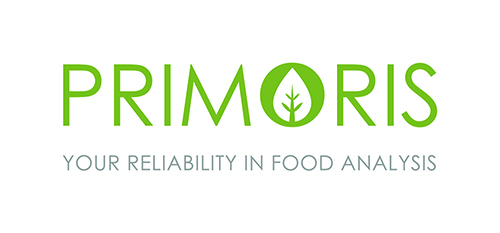|
 |
Newsletter #4 - November 2017 |
|
|
Mycotoxins: substantial expansion of our scopeOn August 21th, we launched a substantial expansion of our mycotoxin analysis scope. As a proven specialist in mycotoxin analyses, we have not only further developed our existing method for regulated mycotoxins, we can also announce the inclusion of new emerging mycotoxins. We ask you to read the information carefully since it also contains necessary practical info when requesting analyses. EVOLUTIONS IN REGULATORY MYCOTOXINS– METHOD CODE: MYCIn our existing mycotoxin scope, we have included mycotoxins that are covered in Regulation EC 1881/2006. This regulation lays down maximum levels for certain contaminants in foodstuff. SPECIFIC METHOD FOR BABYFOOD – METHOD CODE: AOL_01_AIn the optimization of our analysis offer for our customers in the babyfood sector, we now offer, next to the MYC method, a special package with the following compounds at babyfood level. This method is replacing the current AFLL method:
EMERGING MYCOTOXINS: PREPARE FOR FUTURE LIMITS – METHOD CODE: MYC_02_AFurthermore, for some non regulated but emerging mycotoxins, EFSA has requested the member states to gather data to carry out an accurate exposure assessment. This assessment may lead to new limits with the aim to protect the public health. We’ve included an important part of these emerging mycotoxins in our scope to help our customers to prepare for possible future limits. INCLUSION OF ERGOT ALKALOIDS – METHOD CODE: ERGO_01_ANew in our portfolio are also the emerging mycotoxins ergot alkaloids.Ergot alkaloids are naturally occurring tryptophan-derived mycotoxins produced by fungi, mainly members of the Claviceps spp. They are often found on barley, wheat and titricale and are extremely toxic. TECHNICAL DETAILS
This renewed scope also comes with new method codes when registering your samples in extranet. The existing code MYC will remain available when you request the renewed multimethod for regulated mycotoxins. Please find the new method codes in the following overview of our new portfolio.
|
|
|
|
